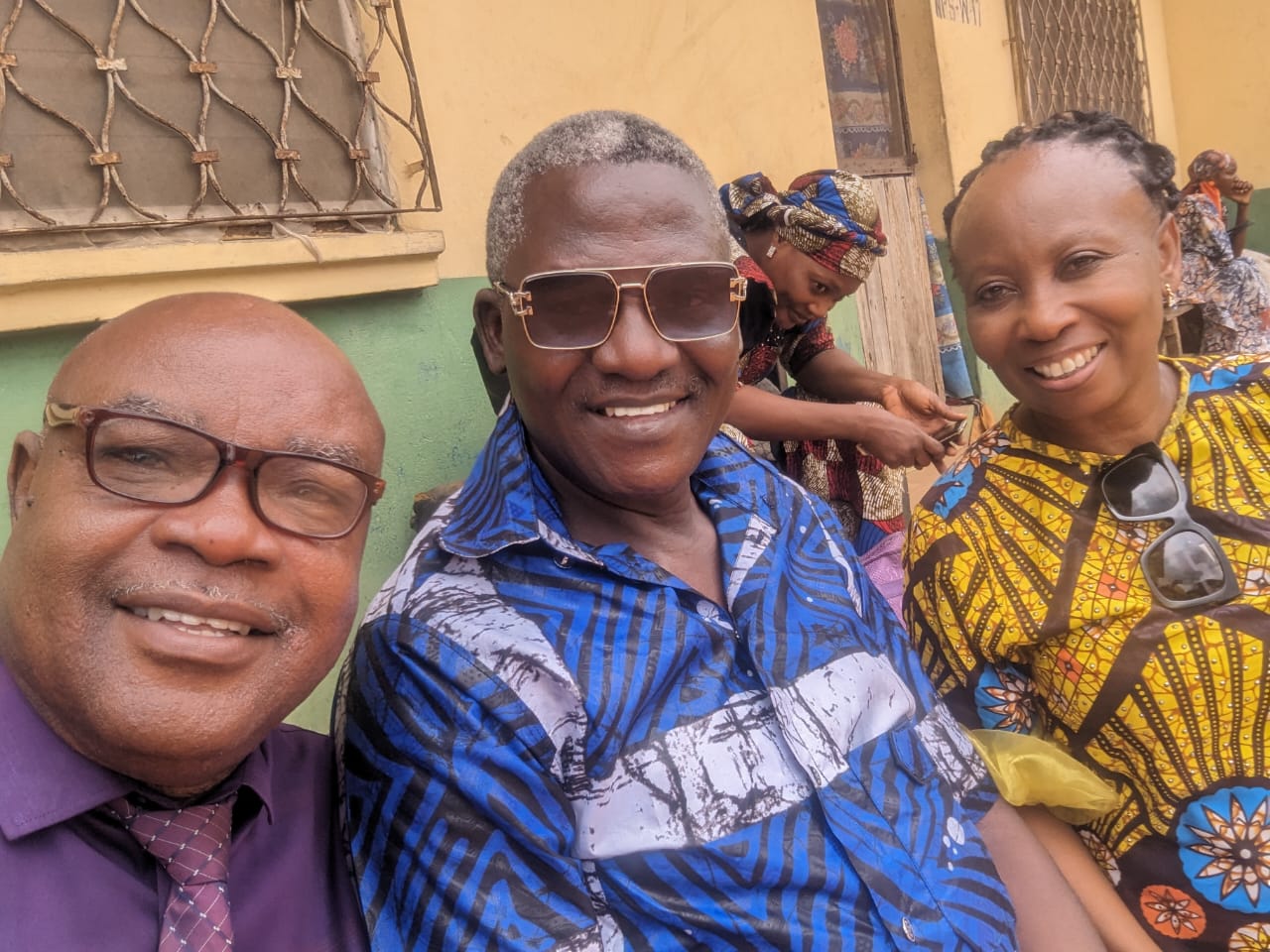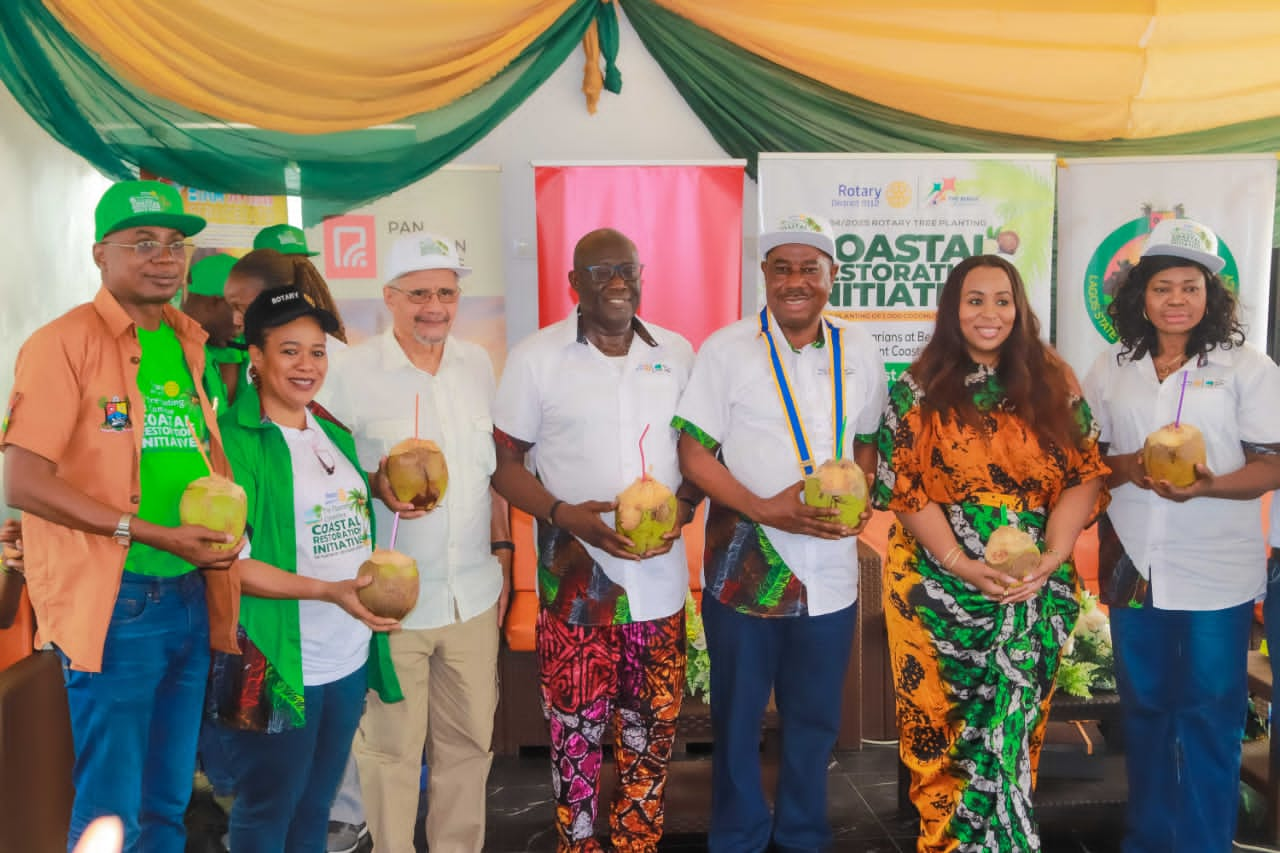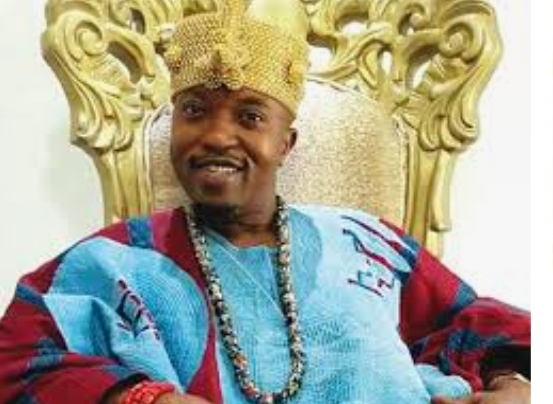By Eric Elezuo
“At CJMR, we stand firm on our scriptural foundation: ‘Speak up for those who cannot speak for themselves, ensure justice for those being crushed. Yes, speak up for the poor and helpless, and see that they get justice…,” Pastor Olujobi
Most citizens of the world are endowed with milk of human kindness, and are ever ready to lend a helping hand to folks in need, either for cash or kind. One of these citizens is a Nigerian of special breed, filled with compassion and zeal to assist wrongfully detained persons to regain their freedom. He is Mr. Hezekiah Olujobi, who is leading the fight against wrongful detention and elongated detention without trial with his Non-Governmental Organization, the Centre for Justice, Mercy and Reconciliation (CJMR).
The CJMR as stated, is NGO dedicated to promoting human rights and advocacy within the Nigeria Correctional Service and strengthening the rule of law in Nigeria Criminal Justice System, according to the Founder, Mr. Olujobi.
“Our area of focus are Advocacy, Alternative Dispute Resolution, Investigation, Cases review, Rehabilitation of individual upon freedom and Restorative Justice in Criminal Matter,” he added.
The CJMR as an organization, was established in 1999, and was officially registered in 2009. It has since then accumulated an enviable and proven track record of facilitating the release of individuals from death row, some of whom had been unjustly incarcerated for 18 to 28 years.
“Additionally, over 600 inmates have been freed from illegal detention after 4 to 12 years without trial. The organization has also established a Halfway Home that has benefited over 300 individuals.
“Our activities cut across the Correctional service in South West: Oyo, Odun , Ogun and Lagos States. We still have over 100 cases for intervention including 10 people on death row whom we strongly believed they are victims of wrongful conviction,” Olujobi stressed.
Hezekiah Olujobi, also known as a Pastor, for his vocation as a preacher of the gospel, who is the founder of CJMR, is currently working on two books to project the work of the organization so far.
The first, “Their Stories Behind Bars,” is a collection of narratives from individuals wrongfully sentenced to death and how the organization helped secure their rrlease, while the second book, “Their Hurts and Unforgettable Memories,” delves into the stories of victims and offenders, exploring their deep hurts and the healing process through restorative justice.
The following stories below as told by Pastor Olujobi, carefully epitomizes how far the NGO has gone to put smiles on the faces of individuals, who have otherwise lost hope of ever living their lives among free people again
Olaniyi Emiola’s Wrongful Conviction: My Belief in His Innocence
Olaniyi Emiola was sentenced to death based on witness testimony that was a case of mistaken identity. The armed robber apprehended at the crime scene insisted he was not the person being referred to and claimed he did not know Emiola at all. However, one of the victims, who recognized Emiola by the name “Abija,” insisted that he was the culprit. Emiola was known in the streets as “Abija,” not “Niyi,” yet the robber mentioned a “Femi Niyi,” not “Abija.” The man in question is Olaniyi Emiola, not Femi Niyi. During the trial, it was claimed that the robber identified the house of their leader to them, who is known as Abija,
In this controversial case, the conclusion of judgment of my noble lord, Hon Justice Jimoh of the Tribunal Court, was as follows:
“It is our considered judgment that the discovery of the second accused in the house pointed out by the first accused to the prosecution, and the discovery of the stolen items in the house shown to the police by the first accused, are admissible and well taken. Referencing R. v. Garbett (1847) 2 C & K 474 and R. v. Treacy (1945) 30 CAR 93, with these authorities in view, the second accused has been properly identified and linked with the commission of the crime charged.
Since the prosecution has adduced sufficient evidence to place the second accused at the scene at the material time, his alibi defense is logically and physically demolished.
This was established by the Supreme Court in the cases of Patrick Njovens vs. The State (1973) 5 SC 17 at 65 and Christian Nwosisi v. The State (1976) 6 SC 109 at 112.
It is my considered judgment that since the defense of the second accused has failed and, by the acceptable evidence of the prosecution witnesses, the accused has fallen into the warm embrace of the law, and I so hold.
SENTENCE: OLANIYI EMIOLA – The sentence of the Tribunal upon you is that you be hanged by the neck until you are dead or suffer death by firing squad, as the Administrator of this State may direct. May the Lord have mercy on your soul.”
This was the judgment that sent a man to darkness and anguish, leaving him to await execution in a solitary cell for 11 years without the right to appeal, luckily for him, the abolition of execution was announced in Nigeria.
Reprieve came when we visited Kirikiri Maximum Security Prison in 2007. We investigated the matter by analyzing the entire judgment and all the contents of the case file. We took up his case, amplified his voice of innocence, and refuted all the arguments in light of the existing facts recorded in the judgement.
Olaniyi Emiola was finally set free in January 2011, after 17 years had been wrongfully taken from his life.
One can only imagine what would have happened if execution had not been abolished in Nigeria.
CJMR’s Advocacy visit to the Oyo State Attorney General
The organisation has also taken its advocacy to the Attorney General’s office in Oyo State, and achieved certain parameters as represented in the narrative below:
“On Wednesday, March 20, 2024, the Committee for Centre for Justice Mercy and Reconciliation (CJMR) conducted an advocacy visit to the office of the Oyo State Attorney General. The purpose of the visit was to highlight the plight of numerous inmates who have been denied justice and are enduring the prolonged anguish of indefinite trials for capital offenses.
The primary goal of the visit was to bring to the Attorney General’s attention specific cases of individuals who appear to have been wrongfully accused of capital offenses and have been languishing in detention since 2015 without legal advice. Additionally, there are those who have been repeatedly taken to the High Court since 2017 without the prosecution presenting a single witness.
In a recent development on March 18 and 19, 2024, the Oyo State Chief Judge, Honorable Justice Iyabo Yerima, visited the custodial centers in Ibadan and Oyo. She firmly resolved not to address any capital offense cases, maintaining her stance throughout the jail delivery exercise. Consequently, 32 inmates were released from Agodi and 38 from Oyo, totaling 70 releases from facilities that house 1,250 and 827 inmates, respectively. The data clearly indicates that a significant proportion of detainees charged with capital offenses remain unaddressed.
Pastor Olujobi further noted that “During the CJMR’s visit, seven recommendations were proposed to enhance the efficiency of justice delivery by the Attorney General’s office, and a list of 32 individuals awaiting legal advice was submitted.”
The Attorney General, known for his humility and activism, pledged to collaborate with the CJMR.
He further acknowledged that “It is a profound injustice for individuals, even those apprehended with substantial evidence, to be detained indefinitely, risking the degradation of evidence and waning interest or resolve of witnesses. The slow turn of the justice system’s wheels can erode its very foundation.
“Similarly, it is an injustice for an innocent person to endure punishment due to procedural delays or inefficiencies.
The presumption of innocence until proven guilty is a fundamental principle of democratic societies, yet it is undermined when the process to establish innocence is plagued by excessive delays. The time for change is now.
Olujobi is also of the view that “The judiciary must move beyond a confessionary-based approach to prison decongestion and focus on those unjustly detained for capital offenses.”
From Darkness to Light: The Unraveling of Injustice and the Triumph of Freedom for Olusola Adepetu after 26 years behind bar
In this scenario, the police conducted a comprehensive investigation, and the defense attorney performed admirably. However, despite these efforts, the judge appeared to succumb to public pressure, reminiscent of Pontius Pilate’s historical decision, resulting in Olusola Adepetu being wrongfully sentenced to death.
Tragically, this miscarriage of justice led to the loss of 26 years of Adepetu’s life.
The appellant, a native of Ondo state was 34 years old at the time of his arrest, a father of 4 children with a broken home.
He was the owner of Olusola Naturalist Hospital. He was a Guru in herbal traditional-medicine, very popular with radio and television advertisements.
He cures all manner of ailment, he was a highlife socialite, he was a member of special marshal of Federal Road Safety Commission, due to the nature of his work as herbal traditional medicine healer he was highly connected with people in high places who always patronized him and in the world ravaged with deceases people always throng his office to seek healing for their ailments.
He is not a medical doctor but always referred to as Doctor Olusola.
All of a sudden, the light of his fame and popularity went off, he was enveloped with thick darkness. For a good 26 years he never walks under the moon nor is beaten by rain.
What happened?
His girlfriend was murdered in a mysterious way, three days later, her dead body was recovered by the police at the Express way, Sanyo, Ibadan and deposited at mortuary in Adeoyo state Hospital. Who must have done this?
Nobody knows till today. The relations who were in the shop of the father of his girlfriend who saw him when he came to pick the deceased and the bar man who saw him the previous day with the deceased pointed touch light on him.
Upon his arrest, rumors went round the whole city like wildfire and consumed the heart of men, same Radio and Television stations where his advertisements were being jingled, announced his arrest, all kinds of rumors went round the city, his case became a celebrated case.
He was consumed by the public adverse opinion.
With all kinds of rumors, the death of the lady was attributed to ritual killing, some said he cut the breast of the lady, some said he cut her private part for the ritual purpose.
At every court adjournment the whole court room and the premises will always be filled up with people. The case attracted the public interest. Like Pontius Pilate, the judge has no choice than to deliver the innocent man as a sacrificial lamb not for the world but for his likely hidden sin.
Light shines on his path again, when we unravel the case file documents with the dissenting judgement and the man regains his freedom after 26 years.
The critical question is: Who will advocate for the poor and helpless? It is us;
The Chief Judge, Attorney General, Commissioner of Police, and all stakeholders must be involved. And this where CJMR comes in, and the organization are doing it.
“We therefore call for wholesome assistance from all and sundry to sustain the tempo, and help our people, who graciously need the assistance,” Olujobi concluded.


 News6 years ago
News6 years ago
 Featured6 years ago
Featured6 years ago
 Boss Picks6 years ago
Boss Picks6 years ago
 Headline6 years ago
Headline6 years ago
 Headline6 years ago
Headline6 years ago
 Headline6 years ago
Headline6 years ago
 Headline6 years ago
Headline6 years ago
 Headline6 years ago
Headline6 years ago













